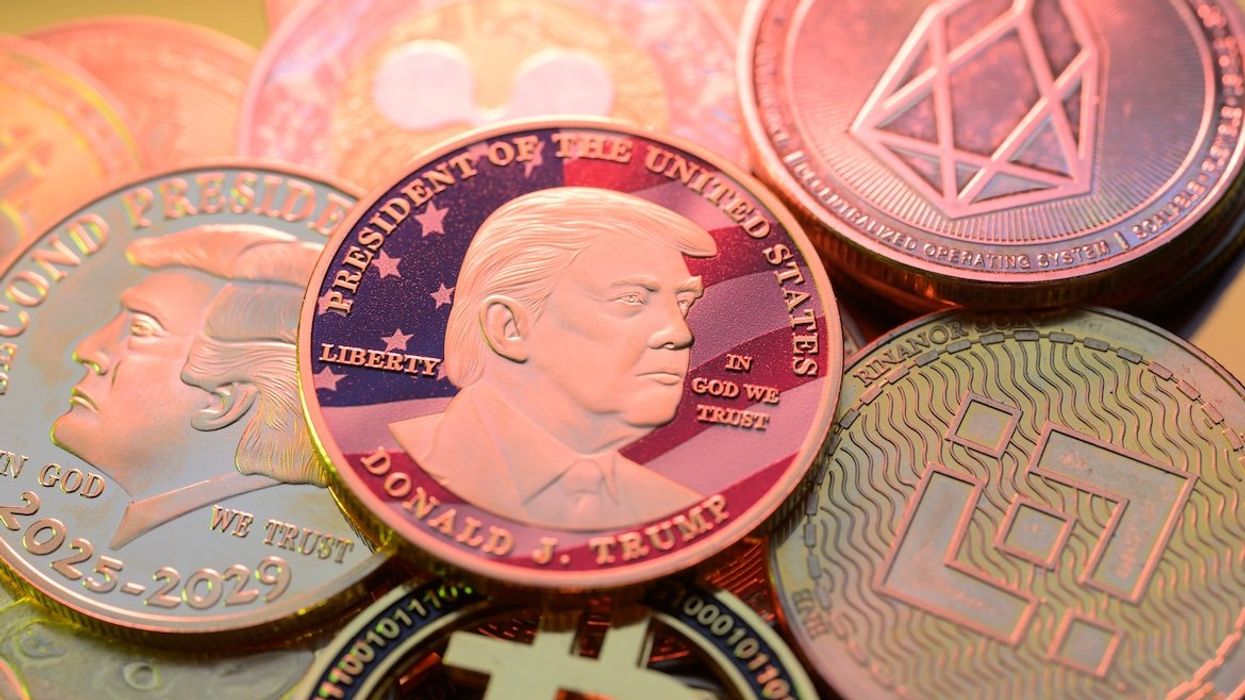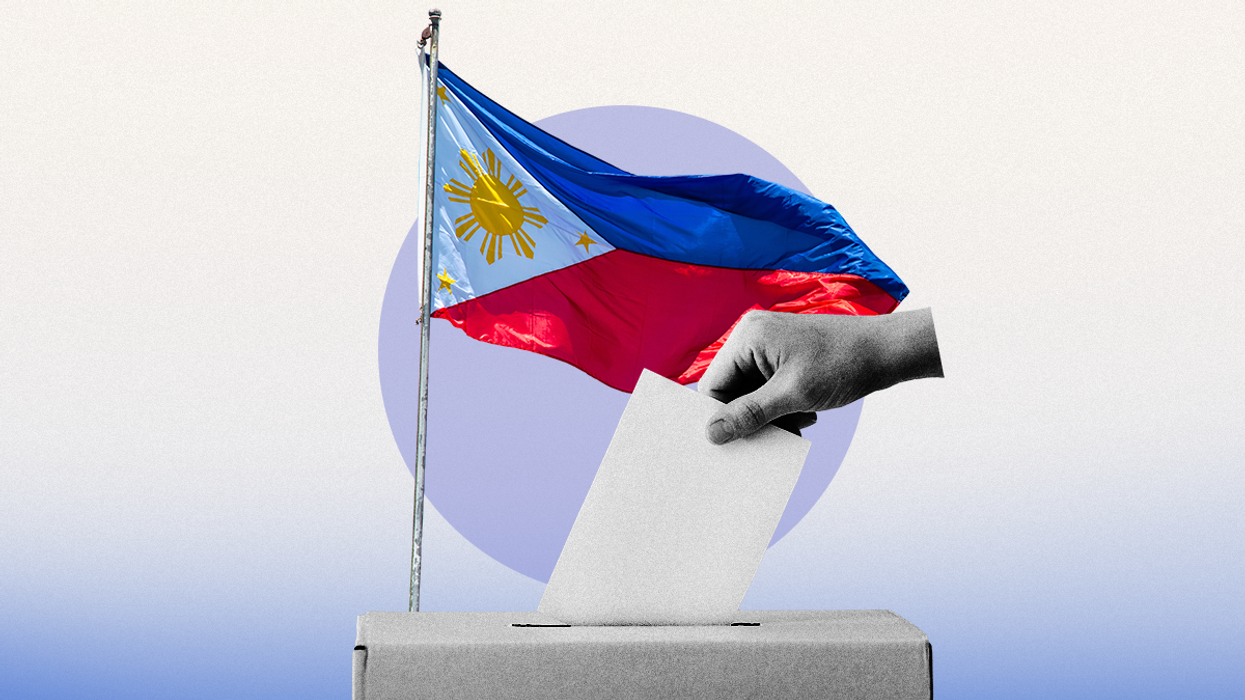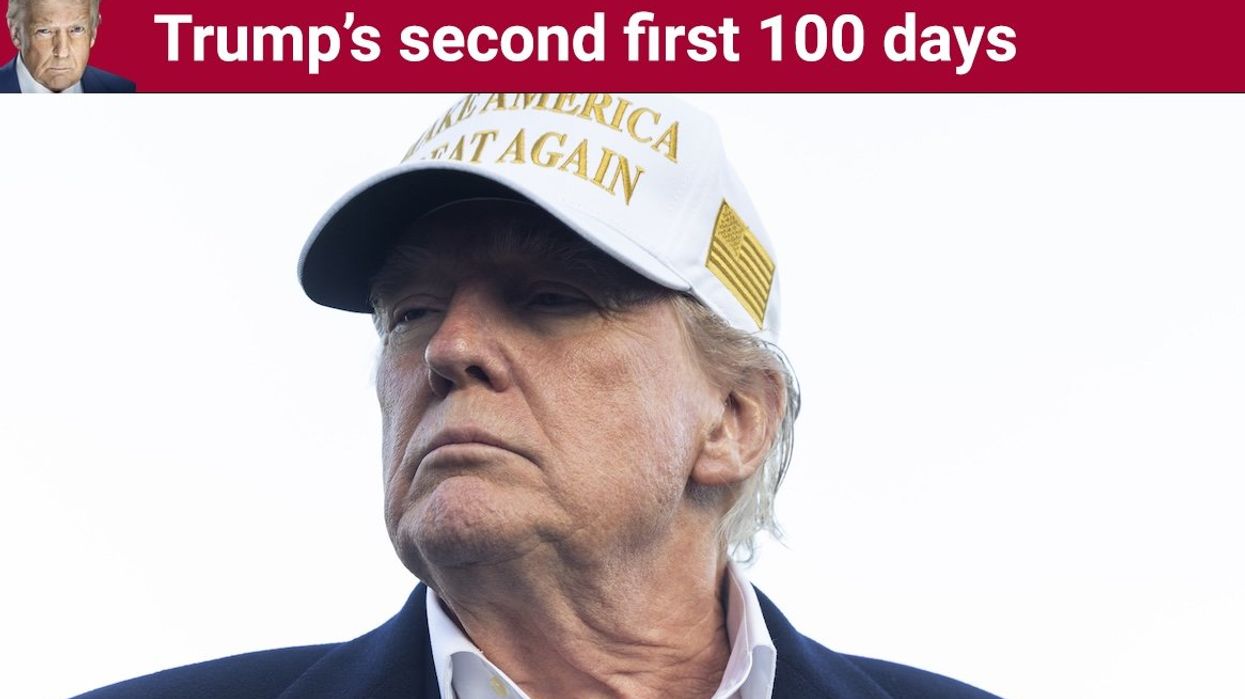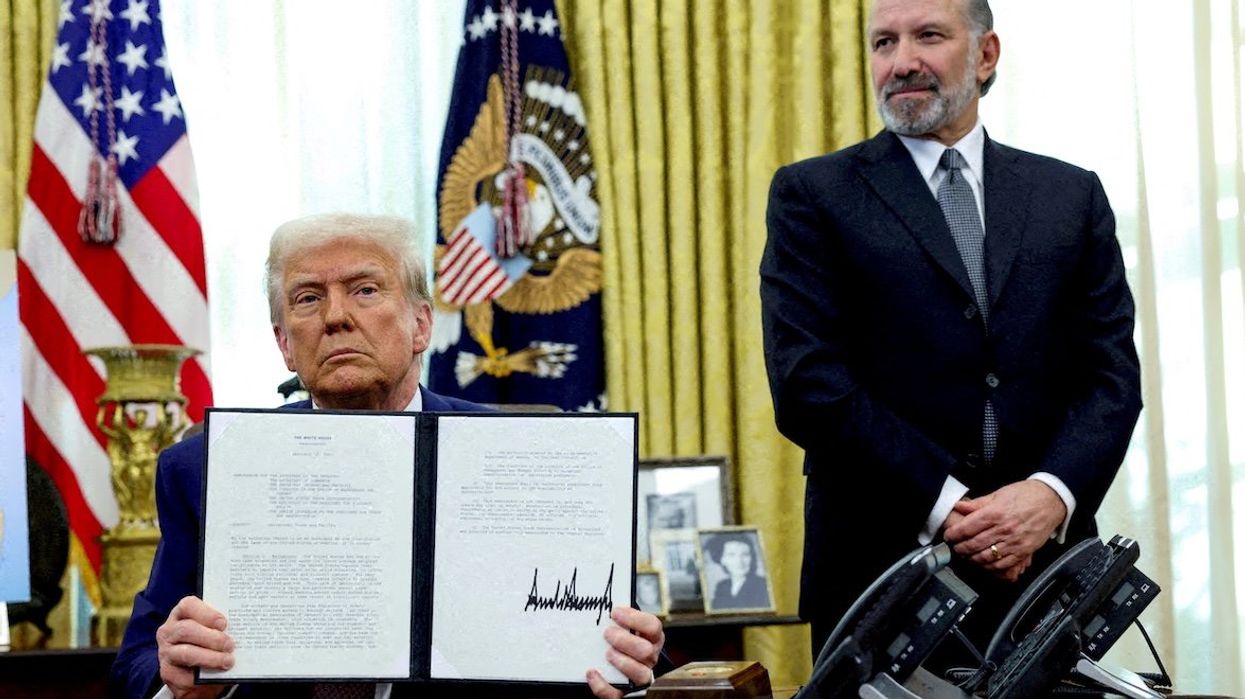Chinese tennis star Peng Shuai’s disappearance after accusing a former high-ranking government official of sexual assault has prompted public outcry in countries around the world, and the Women’s Tennis Association to boycott China. But in her native country, those allegations were scrubbed from the internet. What does the episode have to tell us about official attitudes towards the #MeToo movement, and threats to Communist Party elites in China? We talked to Eurasia Group analyst Allison Sherlock to get a better understanding of Beijing’s reaction, and what might happen next.
Why such a heavy-handed response?
Beijing has historically been hostile to feminist activism, and has censored other #MeToo statements over the past three years. But some high-profile harassment and assault cases have made it to court or become the subject of public discussion, allowing some room for a fledgling #MeToo movement to develop. In September, a Beijing court rejected a sexual assault case brought against a prominent television host, which galvanized online awareness of the issue.
But Peng’s case was even more serious because it accused a senior party leader, Zhang Gaoli, who was the party secretary of Tianjin at the time of the first alleged assault. Later he became executive vice premier on the top Politburo Standing Committee, making him the seventh-ranked official in China.
Though it’s not unheard of for the government to acknowledge wrongdoing by top officials — as when Zhou Yongkang was imprisoned for corruption in 2015 — it is unlikely Beijing will do so in Zhang’s case. Such a move would invite unwelcome scrutiny of elite transgressions by an official who recently served under President Xi Jinping, at a time when Xi is preparing to secure a norm-defying third term as leader at the 20th CCP Congress next fall.
How successful has the censorship campaign been?
China’s vast information control apparatus quickly sprang into action by deleting Peng’s initial social media post on 2 November and has attempted to take down any related posts since then. Yet at times the censors have struggled to keep up. Peng's initial post circulated widely on social media before it was taken down. Since then, various posts about Peng or the unprecedented decision by the WTA to suspend events in China have briefly appeared. These have provided short windows of opportunity for public comment, and savvy social media users have worked to disguise their related posts or messages.
From the comments that have been captured, it is clear Peng's case has struck a chord with individuals invested in China’s #MeToo movement.
What happens next?
Beijing’s external propaganda outlets have made some attempts to dismiss the controversy. They have tried to convince the rest of the world that Peng is fine by sharing what appeared to be carefully stage-managed messages, photos, and calls that present her as going about her normal life. Domestically, however, censors will continue to suppress all discussion of the issue. Even Foreign Ministry spokesman Zhao Lijian's criticism of foreign efforts to "politicize" Peng's allegations have been scrubbed from the record, highlighting the unusual nature of this situation. Chinese authorities have often seized on what they refer to as foreign interference in their affairs to stoke nationalist sentiment at home and rally support for the government, but Beijing will even avoid this tactic and maintain silence on the issue.
This information blackout will extend to the WTA boycott. Fortunately for Chinese officials, the country’s strict COVID policies are a convenient excuse they can offer to domestic audiences for why scheduled WTA matches will no longer be taking place.
For the international community, much of the focus will be on the extent of the political and financial fallout suffered by the WTA, the first international sporting organization to willingly sacrifice access to the huge Chinese market to stand up for human rights. Up until now, most have shown themselves willing to make compromises to maintain this access.
What about the Olympics?
Peng’s case will fuel more calls for boycotts and other actions at the February Winter Olympics in Beijing to protest human rights abuses in China. Several Western countries led by the US have already announced a diplomatic boycott. The International Olympic Committee — under pressure to show it is taking Peng’s allegations seriously — has held a couple of video calls with the tennis star and reported to the world that she is doing well, although the WTA has said there is no independent verification that Peng’s appearances were not coerced. At the Games, athletes could express their support for Peng in interviews, on clothing and on banners, to name just a few possibilities. The issue is almost certain to come up in foreign media coverage of the event.
What will happen to Peng?
The tennis star is not the first celebrity to disappear from public view in recent years. Through a combination of threats, coverage blackouts by state media, and subsequent self-censorship, authorities can silence public figures. But Peng’s international stature could spare her from a long banishment. Her public return, if it ever happens, will likely be delayed at least until after the Olympics, where global attention will be focused on China and its athletes. But she may never return to the international tennis circuit.
Allison Sherlock is China associate at Eurasia Group.



















